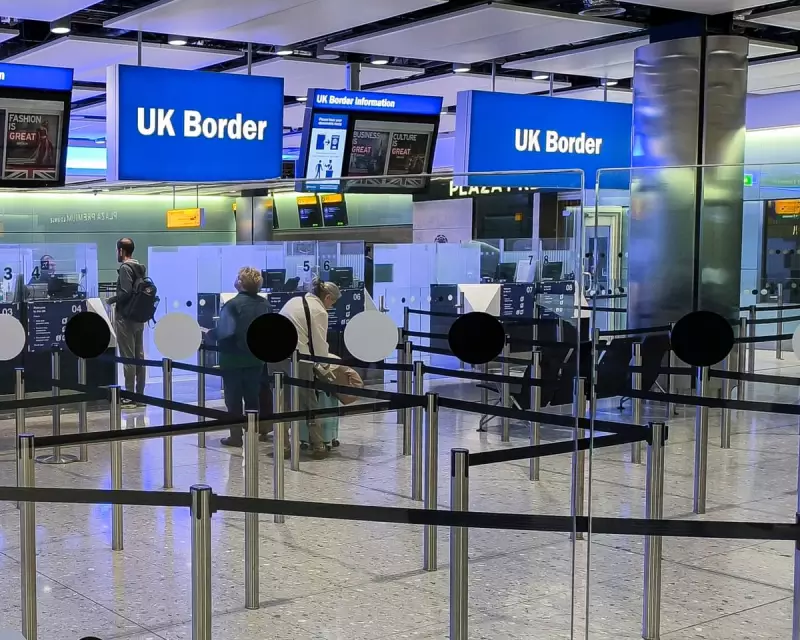
In a move intensifying the political storm around the UK's immigration strategy, a second individual has been deported to France under the recently enacted "one in, one out" returns agreement. The man, an Eritrean national, was removed on a commercial flight this week, following the first such deportation earlier this month.
The policy, a cornerstone of former Home Secretary Suella Braverman's legacy, is designed to create a direct link between the number of asylum seekers arriving unofficially on UK shores and those being sent back to European partners. The government contends it is a vital deterrent against dangerous Channel crossings.
Legal Challenges and Human Rights Concerns
The deportation was executed despite ongoing legal battles. The man's lawyers had filed an urgent judicial review, arguing his removal was unlawful. However, a last-minute court ruling did not grant an injunction to block the flight, allowing the removal to proceed.
Charities and human rights organisations have condemned the action. They highlight the potential risks of returning individuals to France, where they may face destitution, and question the adequacy of the safeguards in place for those with complex asylum claims.
A Contentious Piece of a Larger Puzzle
This agreement with France exists alongside the UK's highly controversial Rwanda scheme. Ministers present both policies as part of a multi-pronged approach to disrupt the business model of people-smuggling gangs and regain control of the borders.
However, critics argue the number of deportations is vanishingly small compared to the thousands of arrivals, rendering the policy a symbolic gesture rather than an effective solution. The cost and logistical complexity of each individual removal are also points of fierce debate in Westminster.
The Home Office has stated that the policy will be applied on a case-by-case basis, focusing on those whose asylum claims are deemed inadmissible under the UK's stricter post-Brexit rules. The government maintains that cooperating with international partners is the only sustainable way to address the global challenge of illegal migration.






